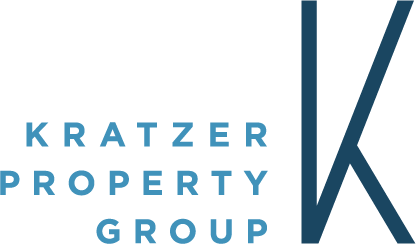So, what exactly is the MLS?
Whenever we go to a listing appointment our customers always ask about the MLS, more specifically they want to make sure that their property will be listed in it. So, what exactly is the MLS and why does residential real estate revolve around it?
Contrary to popular belief, the MLS is not a public advertising tool. Through arrangements with major third party listing sites, such as Zillow and Trulia, listings on the MLS are syndicated to those platforms and therefore to the consumer, but the purpose of the MLS is not the advertising of listings to the general public. The MLS, at its core, is a compensation sharing agreement between realtors and a means to promote listings among realtors in the same geographic area. The National Association of Realtors (NAR) calls it cooperation, and its purpose is to ensure that the buyer’s realtor will be able to show the property and the buyer’s agent’s brokerage will get paid a portion of the commission should they procure a buyer for a given listing.
Although not always the case, and up until the internet it was not the norm, buyer’s agency has become the standard. The listing agent represents the seller in the transaction and the buyer’s agent represents the buyer, but the buyer’s agent is not paid by the buyer. When a seller agrees to place their property in the MLS a blanket offer of compensation must be advertised on the listing. So, if the seller negotiates a 6% commission with their listing agent, the listing agent must then offer a portion of that commission (either in a percentage or fee) as compensation for the buyer’s agent, or as NAR says the cooperating brokerage.
Now, Article 3 of the realtor code of ethics states that cooperation does not include the requirement to compensate a cooperating brokerage. However, the listing agreement prepared by the Florida Realtors, the contract used by the vast majority of relators in Florida, states that a property cannot be placed in the MLS if an offer of compensation is not made to the cooperating brokerage. Also, Stellar MLS, the MLS that we are a part of, will not publish a listing unless an offer of compensation is made. The National Association of Realtors wrote the code of ethics, oversees the Florida Realtors, and controls the overwhelming majority of MLS systems in the United States (including Stellar MLS). The interworking of these organizations is something I will dive into in another post, but the disconnect between the code, the MLS, and the contract is rather interesting.
Secondly, the MLS exists as a data sharing platform. Users agree to enter the data accurately and honestly so that other members, including appraisers, can use the data to properly asses the market and property values. In this aspect the MLS is more like a utility. Accurate data is very important, especially when it comes to real estate transactions. Facts are essential for sellers and buyers, as well as banks and mortgage providers. Without proper facts valuing a property would be a mere guessing game.
So, some parting questions and topics I will definitely opine on in another post. With new tech/options is the MLS and its cooperation requirement still relevant? Does the MLS, and the policies dictated by NAR to control the residential real estate market, promote competition and innovation, or hinder it? Is there a better option for consumers? Does the current status quo have a viable future?
As always, please feel free to leave comment, and don’t hesitate to give you opinion on one or all of the parting questions. And if you want to discuss this issue more or have any real estate related questions, don’t hesitate to give us a call. Going forward I am going to try and post at least once a week. If there are any topics you want to know more about please leave comment or shoot me an email.
Have a great week!
Zach
